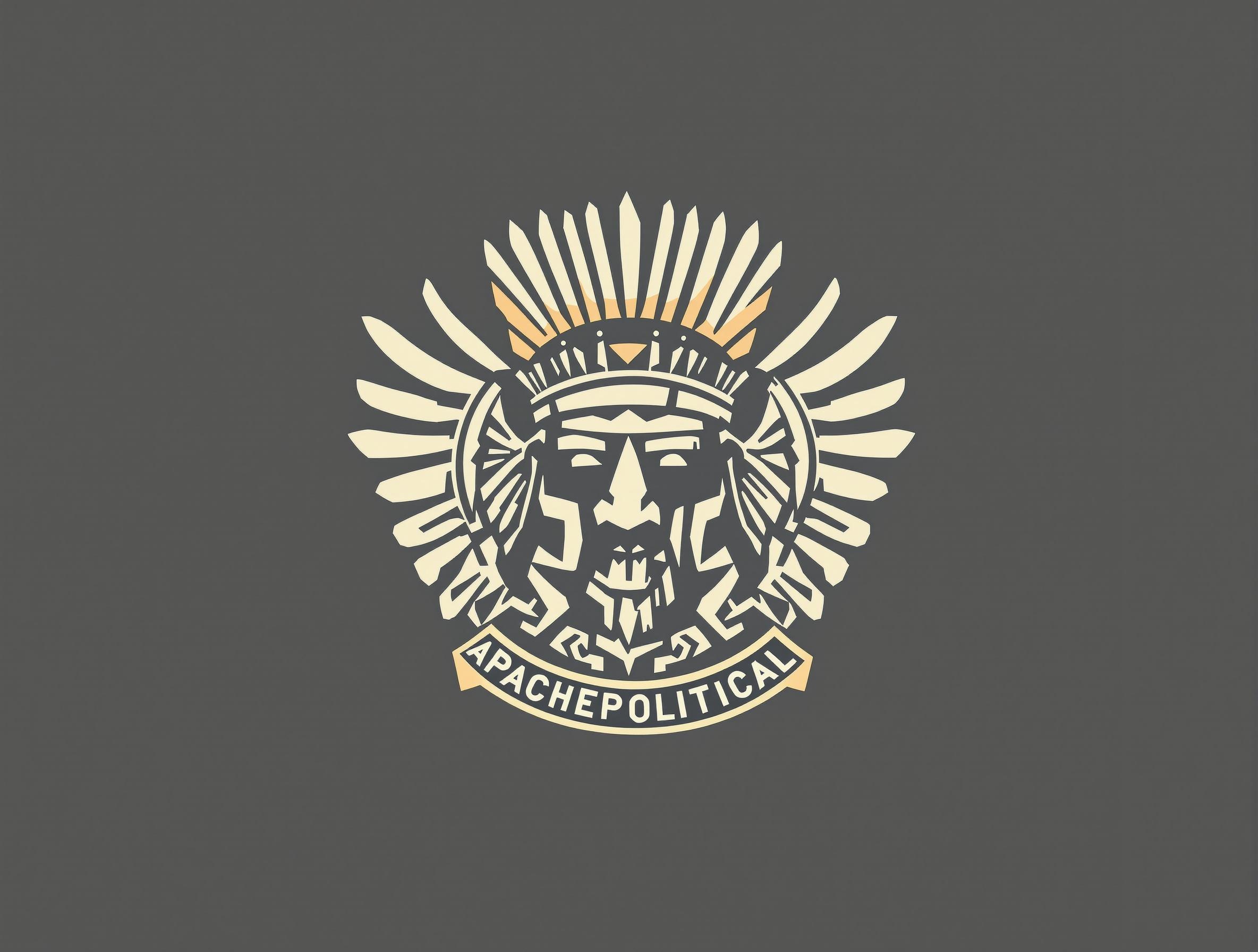Overview of Current Fashion Trends Influenced by UK Women
In recent years, UK women in fashion have emerged as powerful trendsetters, shaping the global fashion landscape with their distinct style and influence. The current fashion trends are strongly driven by designers and influencers who seamlessly blend traditional British elements with modern aesthetics. This fusion has not only captivated local audiences but has also drawn attention worldwide.
The impact of cultural diversity is profound in contemporary UK fashion. Cultural influences from various ethnic communities within the UK have enriched fashion offerings, with vibrant patterns, colours, and styles becoming hugely popular. This blend of cultures has led to unique fashion statements that are both innovative and reflective of Britain’s multicultural fabric.
In the same genre : Why Is Sustainable Fashion the Future of UK Women’s Wardrobes?
Inclusive style movements have gained significant traction, as influential women in the UK fashion industry advocate for diversity and representation. From championing body positivity to promoting the values of sustainable and ethical fashion, these leaders are redefining industry norms. Their commitment to inclusivity ensures that fashion in the UK is accessible and representative of all individuals, regardless of shape, size, or background.
These efforts demonstrate the dynamic role that UK women in fashion play in setting trends, influencing culture, and leading movements, positioning the UK as a leader in forward-thinking and inclusive fashion practices.
Also to see : Why Is Sustainable Fashion the Future of UK Women’s Wardrobes?
Case Studies of Key Figures Transforming Fashion
The UK has become a hub for fashion trailblazers, offering a diverse range of influential UK women who are reshaping the industry through creativity and innovative approaches. By examining specific case studies, we gain a deeper insight into how these cutting-edge figures drive change and influence fashion on a global stage.
Case Study: Stella McCartney
Stella McCartney is a formidable figure in fashion, known for her radical approach to sustainable fashion. Her contributions span over decades, marked by a commitment to ethical practices and vegan-friendly designs. McCartney’s signature style, marked by its minimalistic and elegant aesthetic, significantly influences consumer trends toward more conscious purchasing choices. Notably, she pioneers in using eco-friendly materials, reinforcing the importance of sustainability in the fashion dialogue.
Case Study: Vivienne Westwood
Vivienne Westwood’s rise in the industry highlights her ingenuity in blending punk culture with high fashion. Her innovation is unmatched, using avant-garde styles to challenge societal norms. Westwood’s influence extends beyond design; her strategic use of social media amplifies her bold messages, thereby shaping public perception. This makes her a pivotal player in the fashion world, pushing boundaries through her daring creations.
Case Study: Grace Wales Bonner
Grace Wales Bonner stands out for her dedication to promoting inclusivity in fashion. Her partnerships and collaborations have opened new dialogues around identity and representation. Recognized with numerous awards, Bonner’s work is applauded for merging fashion with cultural narratives, offering visibility to underrepresented communities. Her efforts highlight the transformative power of inclusive couture, forging a path for future diversity in the industry.
These women are just a few examples of the fashion trailblazers redefining the landscape, illustrating the transformative impact of their contributions.
Tips for Personal Style Expression
Embracing personal style plays a pivotal role in redefining fashion trends, allowing individuals to express their unique identities within the evolving landscape of UK fashion. To effectively incorporate individual style into daily outfits, consider these practical tips that encourage creativity and confidence:
-
Mix High Fashion with Thrift Finds: Blending high fashion pieces with thrifted treasures not only makes fashion more accessible but also allows for the creation of distinctive looks. This approach is budget-friendly and sustainable, offering endless possibilities for personal style evolution.
-
Experiment with Colours and Patterns: Don’t shy away from vibrant colours and bold patterns. Playful combinations can breathe new life into wardrobes, making a statement that is both contemporary and reflective of personal taste.
-
Layering for Versatility: Mastering the art of layering can transform simple outfits into fashion-forward ensembles. It adds depth and dimension while allowing wearers to adjust styles for different occasions and weather conditions.
-
Accessorize Thoughtfully: Accessories can dramatically alter an outfit’s vibe. Essential pieces such as scarves, belts, and jewellery offer endless opportunities for customisation, aligning with the wearer’s mood and aesthetic.
By adopting these strategies, individuals can confidently showcase their personal style, celebrating fashion as a form of self-expression and creativity.
Cultural Influences Shaping UK Fashion
The vibrant tapestry of the UK is a blend of diverse cultures, and this multicultural identity is profoundly shaping UK fashion. Designers and influencers are increasingly drawing inspiration from their cultural heritage, creating garments that reflect unique stories and traditions. This cultural mosaic adds depth to fashion choices, with each piece becoming a statement of identity and heritage.
Music, art, and fashion are closely intertwined in the UK, with street style often reflecting the latest beats and artistic movements. This intersection fosters an innovative fashion scene where trends evolve alongside cultural expressions. Local communities are playing an instrumental role in this evolution by redefining fashion narratives through events, pop-ups, and collaborations, showcasing the power of grassroots movements.
The influence of cultural heritage on UK style evolution not only celebrates diversity but also contributes to a richer, more inclusive fashion industry. Through this lens, fashion becomes a celebration of identity and a testament to the UK’s dynamic cultural landscape.
The Role of Social Media in Trend-Setting
In the modern fashion landscape, social media influence is a powerful force, particularly platforms like Instagram and TikTok, which have become essential in amplifying the voices of UK women in fashion. These platforms allow influencers and designers to reach global audiences instantly, setting current trends rapidly through engaging content. Short videos, captivating images, and creative storytelling highlight unique fashion choices, making them influential in dictating what’s in vogue.
Digital fashion marketing tactics are crucial to this phenomenon, as influencers adeptly navigate the digital world to showcase their styles. Collaborative promotions with brands and interactive campaigns engage audiences effectively, blending personal style with brand identity. This strategic use of social media boosts brand visibility and creates a direct line to fashion-conscious consumers.
Viral fashion movements often start from grassroots social media activity, demonstrating the power of digital engagement. These moments capture public interest, showcasing innovative designs and new trends quickly. By harnessing the reach of social platforms, fashion innovators leverage social interactions to create memorable fashion waves that resonate broadly, illustrating the seamless integration of social media into the fashion industry’s fabric today.
Sustainability and Ethical Fashion Movement in the UK
The rise of sustainable fashion in the UK is largely spearheaded by pioneering UK women in the industry who are making significant strides towards eco-friendly practices. These sustainable fashion initiatives are gaining momentum, with influential designers advocating for ethical production methods that reduce environmental impact. Key brands are focusing on using eco-friendly materials, promoting transparency in sourcing, and encouraging upcycling to minimise waste.
Livia Firth, a notable advocate, champions the use of sustainable resources and has launched various campaigns to raise awareness about ethical fashion practices. Her efforts underscore the importance of consumer responsibility in driving sustainable changes. By choosing products with clear ethical credentials, consumers can impact production trends positively, encouraging more brands to adopt sustainable practices.
Several UK-based brands, such as People Tree and Rapanui, are at the forefront of this movement. They are praised for their commitment to ethical labour practices and sustainable material sourcing, setting a benchmark for others in the industry. The growing consumer preference for eco-conscious products is reshaping market dynamics, pressuring more companies to integrate sustainability into their core values.
The movement towards sustainability in UK fashion signifies a shift towards long-term ecological balance. As more UK women leaders advocate for these changes, the fashion landscape continues to evolve, offering products that are not only stylish but also conscientiously crafted. This conscious approach promises a future where fashion remains innovative while honouring its environmental responsibilities.
Inclusivity in the Fashion Industry
The movement towards inclusive fashion is significantly reshaping the industry, ensuring that diversity and representation become central pillars within this evolving landscape. UK women in fashion are at the forefront, leading impactful body positivity movements. These efforts focus on celebrating all body shapes and sizes, pushing brands to expand their size ranges and reflect real-world diversity.
Representation matters deeply, as it empowers individuals by validating their identities and experiences through fashion. Initiatives aimed at increasing the visibility of underrepresented communities have gained remarkable traction. By showcasing diverse models and influencers, the fashion industry is gradually moving toward a sphere where every person sees a reflection of themselves.
Looking to the future, the emphasis on inclusivity is anticipated to nurture innovative styles and trends that cater to all. This shift not only enhances fashion’s relevance but also aligns with evolving societal values that demand equality and acceptance. With a sustained focus on inclusivity, the fashion industry can thrive as a more vibrant and holistic space.
Interviews with Fashion Influencers and Designers
The world of fashion is continually shaped by the insights and creativity of its most prominent figures. Through exclusive interviews, we gain a deeper understanding of their design philosophies and the driving forces behind the latest trends. These conversations offer a glimpse into the personal journeys of influencers and designers, shining a light on the challenges and triumphs they’ve faced in the fashion industry.
Interview with [Designer Name]
In a candid discussion, [Designer Name] shares their design philosophy, emphasising a balance between innovation and tradition. They envision future trends incorporating a more sustainable approach, infusing eco-friendly practices into their designs. This focus not only reflects their commitment to ethical fashion but also aligns with the growing demand for sustainable fashion.
Reflecting on the challenges faced as a woman in the fashion industry, [Designer Name] highlights the importance of resilience and community support. They reveal how collaborative efforts and mentorship have been instrumental in overcoming obstacles, reinforcing the value of connection within the industry.
Interview with [Influencer Name]
[Influencer Name]’s journey into fashion influencing is guided by a passion for self-expression and creativity. Their advice to aspiring fashionistas focuses on building a strong personal brand that resonates authentically with their audience. By harnessing the power of social media, aspiring influencers can create impactful content that reflects their unique style and insights.
Moreover, [Influencer Name] observes the evolving landscape of fashion, noting an increased emphasis on inclusive fashion and diversity. They believe the future of fashion lies in its ability to cater to a broader range of societal needs, challenging traditional norms and embracing new paradigms of beauty and representation.
Interview with [Designer Name]
Renowned for their approach to sustainability in design, [Designer Name] discusses the integration of eco-friendly materials and innovative methods in their collections. They underscore the importance of collaboration within the industry, as sharing knowledge and techniques fosters creativity and growth.
Looking ahead, [Designer Name] enthuses about future aspirations and projects. They are currently exploring new technologies and materials that promise to push the boundaries of fashion innovation, offering a glimpse of exciting developments on the horizon. Through their work, they aim to inspire a future where fashion celebrates both artistic expression and environmental responsibility.

